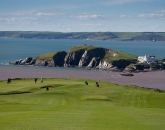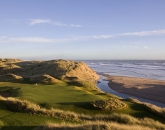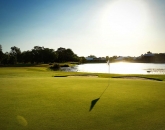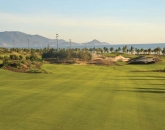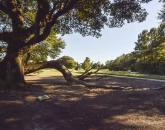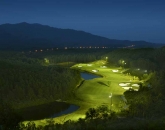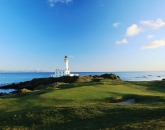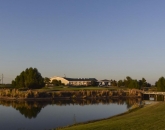The Olympic competition at Rio could be a stroke play event, not match play as had been mooted as an option. Does this change any of your thinking about the design for you at all?
Like all of you, we are still waiting for the final word on the format, and it will impact some of our thoughts. However, we do believe that the aspects of a course design that are good for stroke play are also good for match play. 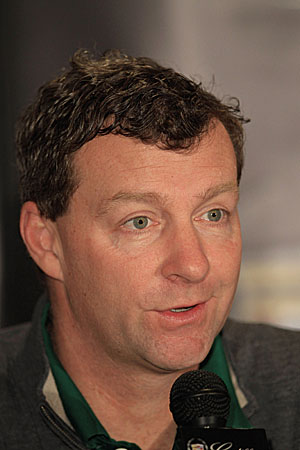
Principally, these will include ‘half par’ finishing holes where big swings can occur, and holes that will hopefully inspire aggressive play at the finish. We would really like to see positive golf, as opposed to defensive golf, being the theme for the late stages of the competition.
The London Olympics have just concluded. Were you able to enjoy these as a spectacle, knowing Rio is now inside four years away, or did you feel an undercurrent of other emotions – nervousness, pressure – at the task ahead?
I think that in some ways we are now on the clock with the conclusion of the London Games and that will add some urgency to the process. I believe that we will feel the most pressure when the Games are on, as that is when the critical reaction to the course will be most prevalent.
During the construction process, I do not believe we will feel a great deal of pressure as we have plenty of time to create the course in the sand, and our methodology of designing in the field allows us some flexibility in the process and the opportunity for our team to be more creative in the dirt than on paper. I am hopeful that the overriding emotion during construction will be one of happiness, as I believe that if we are having fun in the ground it will result in a better golf course.
Pages
Click here to see the published article.


